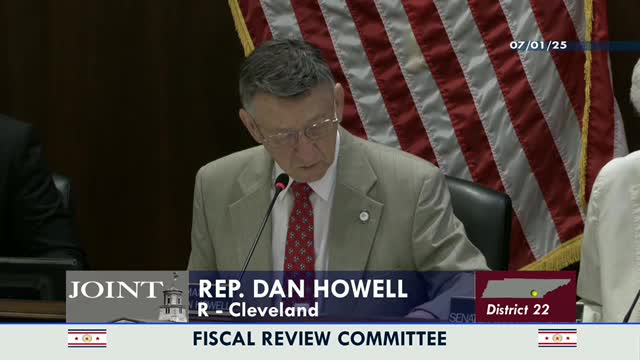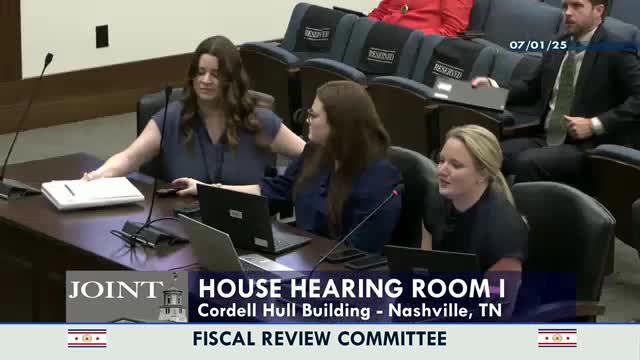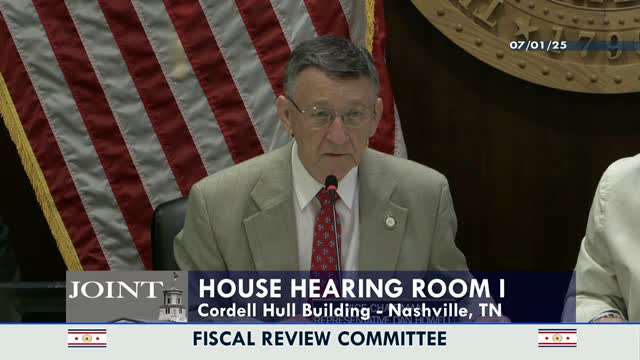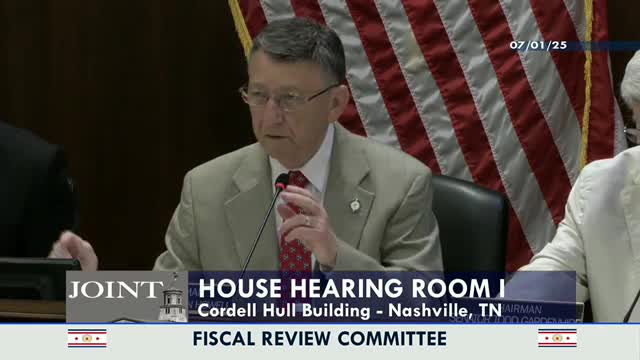Article not found
This article is no longer available. But don't worry—we've gathered other articles that discuss the same topic.

Votes at a glance: committee approves multiple agency contracts and amendments

Department of Human Services presents Community Services Block Grant plan; legislators ask for outcome data on poverty impact

Children’s Services approves multiple Youth Villages amendments after committee questions on outcomes and cost increases

